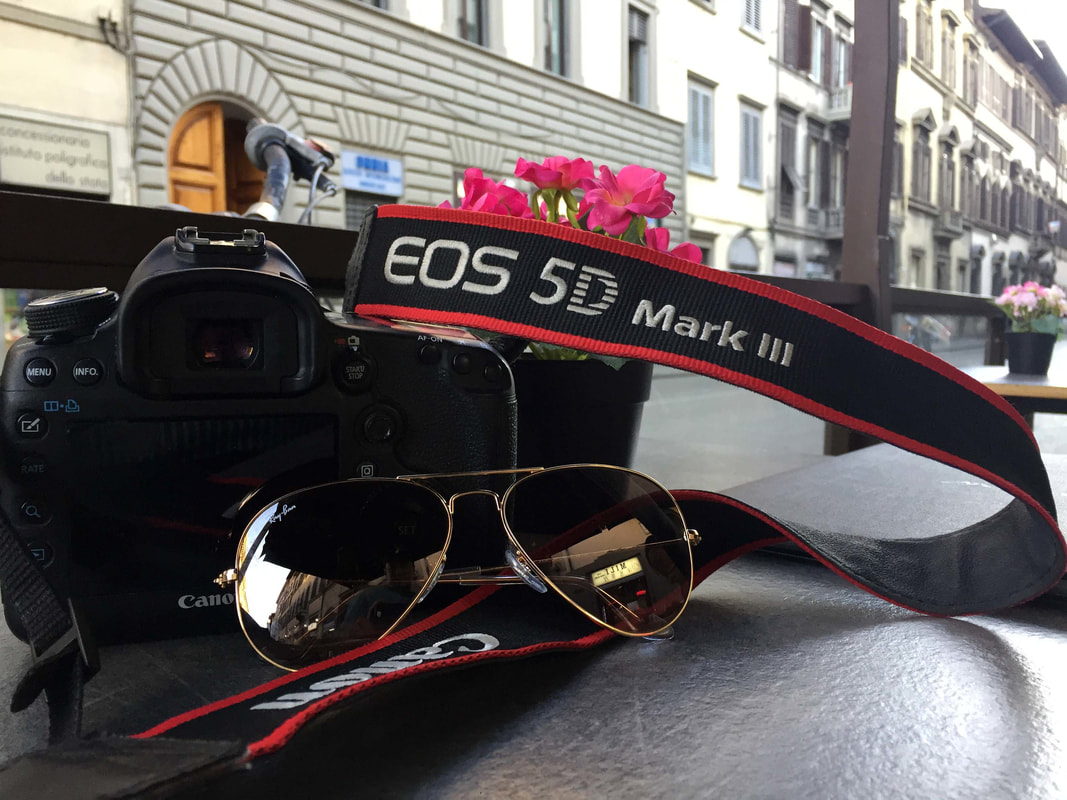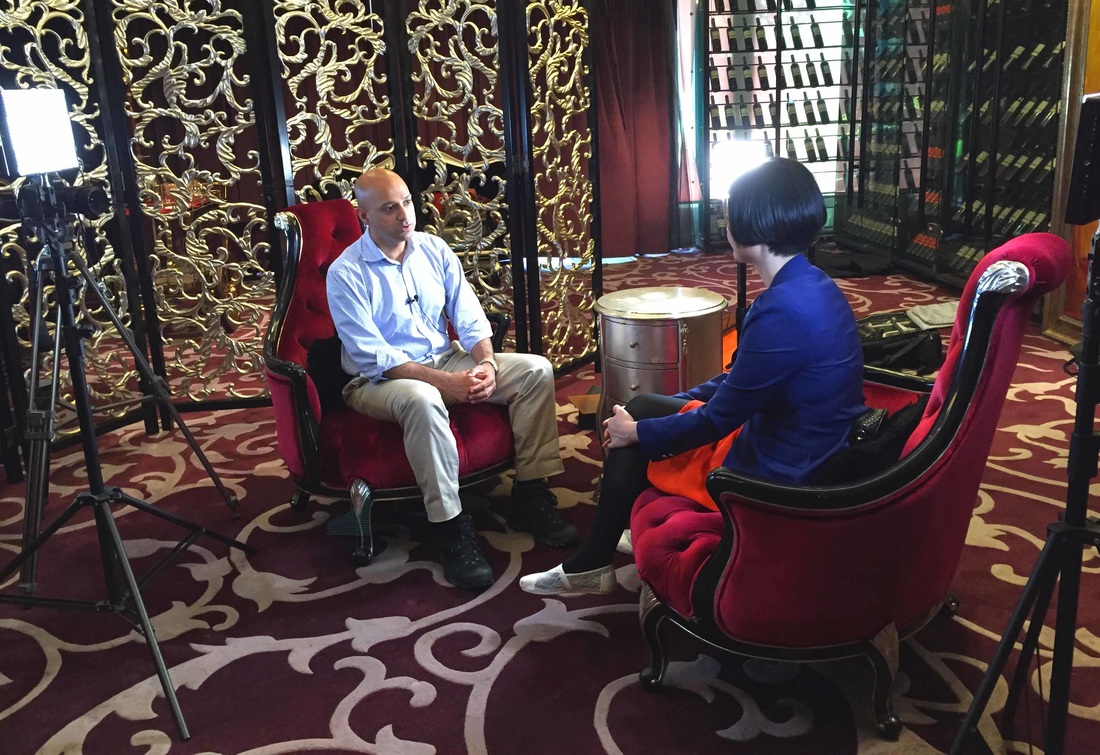|
Yangshuo is a stunning tiny town located in China's south-western Guangxi province. Lush green fields, villages, and sleepy hills that often look like the outline of animals or other wonderful creatures surround the town. Just like the other cities in China, the economic and social demographics of Yangshuo have changed a lot since I last went there in 2003. This tiny close knit community of around 320,000 inhabitants, comprises of various ethnic groups such as the Zhuang, Yao, Miao and Han, has blossomed since the Sui dynasty some 1,400 years ago. West Street is a 2km stretch located right in the heart of the town, and is hideously crammed with shops, pubs, cafes, and hotels. In 2003 there were a handful of hostels, and West Street was very quiet, and would only come alive at night with a few foreign owned bars and cafes that were filled with foreign hippies, hikers and rock climbers who would perhaps have a few drinks, play the guitar and plan their next day's rock climbing session.
Nowadays, however, West Street is more of a tourist hub for Chinese people rather than the foreign rock climbers' retreat it used to be. You won't see many hippies, or western rock climbers with dreadlocks nowadays, and you certainly won't see any hippies smoking while playing Bob Marley music with their guitars like you used to do in years gone by. Yes, there are rock climbers and hikers still around, but the vast majority of them don't reside at West Street. The famous Cloud 9 restaurant is still there at the corner of the street, as well as the popular 7th Heaven hostel and restaurant. The tourism business in Yangshuo has become so successful that its paved way for even local village families to allow western investors to renovate their village homes into bed & breakfast retreats. An example of this has been set by a lady known as Ms. Shelly. A popular figure among the local community, and somewhat a champion of the birth of the guest house in Yangshuo Ms. Shelly is the Managing Director of the ever popular boutique 16-all suite roomed Yangshuo Riverside Retreat located in a sleepy village just a 5 minute walk from the hustle and bustle of the town centre. West Street itself is a Mecca for souvenir collectors, and there are plenty of the weird and wonderful collections of everything. Here are a few examples: There is a shop that sells matchsticks, where the matchstick boxes depict all kinds of issues, and figures of anyone (including Hitler, Bin Laden, President Obama, Hugo Chavez, Chairman Mao, and many others); a shop that sells all kinds of Russian things (some unmentionable!); lots of stalls that can make you personalised T-shirts (including those with portraits of Bin Laden, Saddam Hussain etc. (don't know why its popular here); and even handmade pottery. For more check out these photos of the infamous West Street in Yangshuo! The tiny yet beautiful town of Yangshuo in China’s Guangxi Province and its surrounding areas have become just a little bit more modern in the years gone by in terms of the infrastructure provided. However one thing that has thankfully remained intact stuck in time is the stunning scenery along the Li River, which snakes all the way from Guilin. It’s so good that it will knock your socks off. There is the traditional Chinese sense of beauty, perfect feng shui that are portrayed by the everlasting reflections of the vast hills and the blue skies in the river or the streams that run along.
The best way to explore the surroundings is to hire a bike or an electric bike (AKA: E-Bike) for the day. There is a bike-renting place situated right outside the 7th Heaven hostel & Cafe, and outside the Cloud 9 restaurant on the side of West Street. If in doubt then just go ask anyone around the 7th Heaven hostel and restaurant. If you want then you can hire a local guide for the day, and they should be able to show you around the villages- just make sure you keep following their bike! If you feel adventurous then it is worth taking the rice by yourself, but just make sure that you know the way back to your home in the evening (the locals don’t much speak English so it may be a good idea to hire an English speaking guide to escort you). It is highly recommended that you try to absorb (or drown) in the sites as much as possible from the comfort of your e-bike. You won’t get a much better prospective about the life of the area than this. The journey takes you through the lush green farms, canals, muddy lanes, and generally life in undisturbed rural China. Farmers, children, and water buffaloes can be seen going about their everyday business along the many river bends. It’s a typical scene that is evident throughout many of the rural parts of Asian countries, but what’s more striking about here in China is that it is also a showcase of how life was like for these people many years ago (or how they lived life many years ago). Typical Chinese anglers come in the feathered coat of cormorants, birds sitting calmly on their master's bamboo boats. Make sure you visit the recently opened Yangshuo Secret Garden- a magnificent boutique hotel that has been renovated from five Qing Dynasty homes in Jiuxian village to include all kinds of environmentally friendly goodies but one that enables to be in touch with sheer tranquillity and nature whether it is day or night. Jiuxian village lays around 7 or 8 kilometers from downtown Yangshuo. It is located near the Yulong River, a tributary of the Li River. The highlight of Yangshuo for all avid hikers (and tourists), is Moon Hill. Its a splendid limestone structure with a natural moon-shaped hole encrusted just below the peak. The hill is around a 30-minute ride by cycle or motorbike from Yangshuo. Rigged stairs lead the way from the bottom of Moon Hill to her crusted peak. The journey to the top takes around 30 minutes, and is quite steep but it’s worth it because on a clear, you can get a 360-degree-view of the surrounding karst topography and Jinbao River. The good news is that for those who are tired and need a refreshing break, there is a lovely cafe, appropriately named Moon Hill Cafe, located at the base of the hill. The Moon Hill cafe boosts some local dishes such as the Moon Hill Pancake (an omelette blended in with onions and some tomatoes- all shaped into a smiling moon), and also snake wine (snakes drowned in wine!). The famous Lijiang River in Guangxi Province, or more commonly known as the River Li, stretches for a distance of 438KM from its commencement at the Mao’er Mountains in Xing’an County to Pingle, the southern most point in Guangxi Province. From Pingle the river merges with two other streams and then continues due south into Guangdong Province, first as the Gui River and then eventually forming a tributary into the great Pearl River (which eventually flows into the South China Sea near Guangzhou and Zhuzai). Just some of the world’s most spectacular scenery will pass before your eyes. Making full use of every second that goes by is highly recommended.
The importance of the Li River comes into effect when it enters the area around Guilin. Both sides of the river are gifted with wonderful lush green karst limestone hills that naturally form various kinds of weird and wonderful shapes. These scenic and magical views accompany the river for around 100KM, right from Guilin and continuing south towards the picturesque towns of Xingping and Yangshuo. The naturally gifted imagery of the Li River is featured on the fifth series of the Chinese 20RMB note (the photo on the note is actually the same view that is observed from the village of Xingping). If you just want to get away from it all, then it is highly recommended that you take a 2-hour trip along the stretch from Yangdi to Xingping. Taking the bamboo boat from Yangdi to Xingping is a much more fun, enjoyable, and interactive way to explore the Li River. It’s also more peaceful, cheaper, and quieter as well compared to taking a large boat full of lots of people (with limited chance to take photos because the ships go much faster and are crowded with people blocking the views). How to get to the Yangdi Pier from Guilin (or Xingping pier): If you are going from Guilin to Yangdi then you can easily get to Yangdi pier by taking a bus from Guilin bus station (should cost about 15RMB), and then from Yangdi pier take a bamboo boat (should cost no more than around 120RMB per person for the two hour boat trip along the river. The same cost and time is taken from the other way (i.e. from Xingping to Yangdi). The views are indeed magical. The boat trip allows you not just to enjoy the views but to also just switch away from the hectic life in the cities. It’s not the place where you want to have your mobile phone or blackberry on. At the time of writing, the first bamboo boat leaves the Yangdi pier at around 12pm (and the same time the first boat leaves Xingping), and the last boat leaving both piers is around 4pm (its starts getting dark at around 7pm) Nested on the peaceful shores of the ever longing River Li, and within a few minutes’ walk from both the signature Elephant Hill, and the Seven Star Park, the Sheraton Guilin provides guests with a more luxurious comfort than ever before, and quite perhaps the most stylish hotel in this compact yet vibrant city. If you are after style, luxury, comfort and a sophistication of excellent customer service then the Sheraton Guilin is the place to be at. It would be a sheer underestimation for anyone to go to Guilin and not to experience this city’s compact yet vibrant lifestyle and culture.
If there is anything that makes this hotel stand out from the rest than it is the priceless scenery offered from almost all of the rooms that are facing the River Li. Magical views of the dreamy hills that surround the town provide a picturesque view that seem to go on forever into the horizon. Rather ironically the views are even more beautiful when the heaves open up or when it’s foggy because nature creates that dreamy look of grey hill tops sticking out of the mist and cloud. One thing is for sure, that there are very few hotels in the world that have such a unique view as offered that by the Sheraton Guilin. Its so good that if one had the money they would wish to stay here all year around (really...I would). Hotel facilities include an outdoor swimming pool (fancy swimming while surrounded by lavish greenery and beautiful sleepy hills?), a state-of-the-art gym, a soothing massage centre, numerous food and beverage facilities offering a variety of Chinese and international cuisine, a club lounge with high speed internet and satellite television facilities, and a fully bonded travel agent that can book your tours around Guilin. The 407 newly renovated rooms and 17 suites all boost ergonomically designed furnishings, dual walk-in wardrobes, and the Sheraton heavenly beds with 300-thread cotton- sheer luxury and ultimate in comfort. Every room is equipped with some of the minor but important things in life such as an iron and ironing board, coffee making facilities, western style toilets that work efficiently, air-conditioned surroundings, high security 24 hours a day, fresh water facilities, cable television and a convenient connection to the internet. Guests are welcomed with a plate full of fresh Chinese fruits- a cultured symbol of the beauty of this place. The hospitality is second to none, and each customer is greeted as a VIP special guests at the Sheraton Guilin. This kind of personalised service is essentially important in a place where guests come back to the hotel after a long tiring day of travelling around to places such as the Longji rice terraces, Yangshuo or even hiking around. One needs a place where they can be welcomed with air-conditioning, clean rooms, and a quiet environment. For those who prefer to sleep like a log (like I do), and cannot bear even minute amounts of noise during the night time, then you’ll be pleased to know that all the walls are constructed with double layering to cancel out outside noise and all the windows are double glazed too. In terms of culinary delights, the Sheraton Guilin offers a variety of options including hearty Western or Chinese breakfasts, lunches, and dinners either served according to your exact needs in your room or at one of the fine restaurants located on the ground floor. The Cathay Chinese Restaurant is the cream of the Sheraton Guilin providing local delights such as deep fried Li River fish with salt and pepper, or deep fried Li River shrimp wrapped with egg yolk. In June 2011, the main restaurant was host to Vietnamese chefs, Mr. Khiem Ngo and Mr. Hai Pham who displayed some signature Vietnamese dishes. Chef Pham served an unpretentious yet provocative menu of the best seasonal produce alongside Vietnamese delicacies like Hanoi beef noodles and fried young rice with prawns. All the restaurants are host to many international live bands playing traditional Chinese or Western music to the delights of the dinars. It’s the perfect way to round off your trip to the city, and your stay at the Sheraton Guilin. Tucked away on the seventh floor of the Sheraton Guilin, the Riviera offers a blend of Italian and genuine Mediterranean cuisine. The fact that the restaurant is located on the inner side of the Club Lounge, and away from the scenery provides an even better reason for dinars to sit at the outdoor rooftop veranda and enjoy the fine views across the Li River and the signature Elephant Hill. In the afternoons and early evenings, when the weather is not so hot and humid and when the river’s tide is low, people usually prefer to swim in the shallow waters. It’s a very laid-back atmosphere with the only the sounds of either the waves or children in the distant playing with the water. You can catch a beautiful glimpse of boats and bamboo rafts going up and down the river as well. While this can provide a lovely, yet relaxing ambiance for a dinner or lunch, for those who prefer to keep themselves a bit more distracted can also indulge themselves with various reading material in the adjoining Club Lounge.
You don’t need to spend a fortune to enjoy the pleasures of dining with luxury food while indulging in the stunning views across to the river Li. Yes, luxury in China does come with a price tag, but not as much as you would expect. The Riviera’s chef de cuisine Mark Xiao deserves the biggest gong of all for keeping in tradition with the Sheraton’s culinary philosophy while presenting western food right in the heart of a second tier city such as Guilin. Armed with a good appetite, you can commence the culinary journey with delights such as the potato and gorgonzola salad. For all this food-mad small city’s hawker centres and coffee shops, it’s the fine dining that is grabbing all the attention these days. The Sheraton Guilin has been fortunate to attract some of the best chefs from around the world. The 60-seat Riviera dishes up hearty Mediterranean fare- think of angel hair vongole-e-pesto with calm cherry tomato and pesto- in convivial, stylish laid-back surroundings. Back in the open kitchen, there is a touch of theatrical magic attached to chef Xiao. It’s almost as if he is on stage and performing his gastrological skills to amaze the audience. Xiao is definitely an artist more than a chef I would say- everything you see, smell, touch and taste here has been carefully conceived and curated by Xiao personally. Jinkeng Dazhai Longji Rice Terraces (Longji Rice Terraces), near Guilin (Guangxi Province)6/15/2011
Located in one of the most beautiful parts of China, the Longji Rice Terraces near Guilin (Guangxi Province) are famous for their stunning rice fields that descend on the slopes of the Jinkeng Dazhi area. The best way to get to the rice terraces is by bus (or private transportation) from Guilin city. If you opt to go with a tour group, then just be cautious because: 1. You may get ripped off, 2. The tour group may not converse in English, so you’ll end up being frustrated, and, 3. The driver will not stop on the way for you to take a few photographs (you’ll pass some stunning scenes, but the driver will not stop).
On the other hand, if you can speak Chinese, or if you have someone who speaks Chinese to accompany you than its all the better. Luckily, I can speak Chinese so I managed to go by myself, and even ended up bargaining on a good price to get a private taxi for myself. From the Sheraton Hotel in Guilin, I took the short 10 minute taxi ride to Guilin bus station (cost was cheap as chips). Many small minibuses go all the way from Guilin bus station to the entrance of the Jinkeng Dazhi. The cost is RMB 40 for one-way ticket and it takes around 3 hours in total because it occasionally stops for fuel (but not for more than 5 minutes at a time). If you prefer then you can take a private taxi as well, and that should not cost more than 200RMB (approx. 35USD) at the maximum. The driver will probably start at 500RMB (approx 65USD), and then you have to haggle your way down to 200RMB. Bear in mind that 200RMB is reasonable price to pay for a private driver for this distance and route. With a private driver, it should only take you 2 hours, and the beautiful thing is that the driver will stop as and when you want to stop. So if you want to suddenly stop and take a few photos, then that should not be a problem. The other (longer) way to go to the LongJi Rice terraces is by first catching a Longsheng bound bus from Guilin bus station, but get off at Heping (和平鄉), after around 2 hours. Then change to the bus that heads from Longsheng heading to the rice terraces. All the drivers know the routes, and you won’t find anyone that will cheat or scam you (in a communist country like China it is rare for any local person to cheat or trick a foreign tourist- they dare not to do that). The worst thing that can happen is that your driver may keep asking you if you want to go and see other rice terraces around the area-, which of course they will charge more for (but reasonable prices- nothing extraordinary). The Jinkeng Terraced Rice Fields and the Jinkeng Yao villages consist of 18 small Yao villages. Longji terraced fields scenic area has an area of around 70.1 square kilometres. Being part of it, the ‘Jinkeng Red Yao Terraced Fields Village’ is located in the Dazhi village, which has a population of 1190 people, and 294 families. The residents all belong to the native Red Yao ethnic minority. It’s a small community and everyone knows all the gossips that happen in the hills. In 2007, the area was officially classed as one of the first batch of typical rural landscapes in China (meaning they are available for tourism). The terraces in Jinkeng are rigged with mountains, which look like a natural hole when seen from a distance. It’s said that hundreds of years ago, a golden bull from heaven lived here and left lots of cow dung which was buried underground. The dung eventually turned into gold. Jinkeng is the geographic name for the region. It consists of Dazhi villages such as Tiantou, Zhuangjie village, Xinzhai village, and Damaojie village. The peaks that are worthwhile to climb at include ‘thousand layers to the heaven’, ‘seven stars chase the moon’, ‘music from paradise’, and the ‘golden Buddha peak’. The best and most stunning part is the Jinkeng Dazhi (金坑大寨) to Ping'an trek. The hike takes about 4 hours, and is less touristy. When you get to Jinkeng Dazhi, you’ll be met by a group of traditional women who wear their long hair into a round plat (it looks a bit like a turban!). Expect to pay around 10RMB if you take a photo of them (that’s 10RMB for each lady for each photo- which comes to about 1$USD each). It’s a local tradition to wear long hair into a turban type structure. All the women belong to the Hongyao ethnic minority group. The women are only allowed to cut their long hair once in their lives, when they are 18 years old (it used to be 16 in years gone by), which signifies that they have become adults and are officially ready to get married. As per the local tradition, the hair that has been cut off should not be thrown away but is usually kept by the grandparents or the mother. The grandparents (or the mother) keeps the hair until the woman gets married, after which the treasured hair are given to her husband as a souvenir (ahhh...romantic, hey?). During the early mornings, the Hong Yao women normally go down to the river to wash their hair with their women friends. The water from the river is blended in with the smell and the ‘flavour’ of the rice, and this natural blend of rice water is meant to be very good for keeping their hair healthy, jet black, shiny and strong. Again, you may have to pay a few RMB to take photos, but it’s quite a scene to watch. The women sing traditional local folk songs while laughing, and washing their long hair on the riverside against the beautiful backdrop of the lush green hills and mountains. Located just below the 2nd scenic spot in Dazhi is the village of Tiantouzhai (田頭寨) where there are several small guesthouses and places to eat, some with English menus and English speaking staff. The terraces look like great chains or ribbons as they wind from the foot to the top of the hill. This resourceful construction of the buildings makes best use of the scare arable land and water (the water is exceedingly FRESH here, and the locals make full use of it). The ‘Fragrant Rice Field Inn’ is located on the way to the No. 2 viewing area. To get from the entrance of the area at Jinkeng Dazhi to the village of Tiantouzhai takes around 45 minutes. There are three viewing points at the Jinkeng Dazhi, ideally numbered 1, 2, and 3. Both viewing points 1 and 3 take around two hours to climb to from the entrance of the Jinkeng Dazhai, while viewing area 1 takes just over an hour and a half. The latter provides sensational views across to the whole area early in the morning at sunrise- magical. Some people believe that the best time to visit is during the spring just as the rice is about to be planted- which is when I had the chance to go. It may be low season but it provides some stunning photos of everyday life as the locals go about their daily routines. The terraces are filled with water to aid the planting and this creates a series of mirror like reflecting surfaces; a stunning spectacle often captured by photographers. Occasionally you may hear the sound of an instrument being played by the local farmers to pass their spare time as they relax on the rice fields. The sound is similar to that of a soft flute or a conch shell. Very beautiful and goes well with the romantic scenery of the hills. Longsheng translates from Mandarin Chinese as ‘Dragon's Backbone’ and is an apt title for a ridge that has been carved over generations so that rice terraces cascade down its side for thousands of feet. The villagers still maintain the traditional way of life of the Yao people. Their ethnic garments, buildings (Diaojiaolou), and festivals are the precious references to researching Yao people's history and culture. Do not be shocked to see a live chicken, lamb or, rabbit being slaughtered for dinner at your guesthouse (I experienced this first hand as the ‘chicken with rice’ I had ordered was produced fresh using the chicken I saw a few minutes earlier just strolling along the guesthouse floor!). The chicken eggs are laid fresh, the milk is also fresh sometimes (provided by the local cows or goat), and you may even come across some other creatures that are neatly kept in the cages for lunch or dinner (pheasant, pigeons, snakes etc.). The vegetables, fruit and other produce is also from the local farms, and most locals have their own farms. If you are going in the spring, summer and autumn then its worth taking plenty of water, a pair of good quality sunglasses (with UV protection), and a hat to cover your head from the intense heat and humidity. These two things can make the climbing and hiking very uncomfortable. In addition, it is worth out pointing that climbing is easier than coming down because the steps put huge pressure onto your tired knees when descending the slopes. So make sure that you take regular breaks. |
Get in Touch:LIFE MATTERSHere I share my thoughts
and experiences during my travels, and how some things have affected my life as an expat and world traveller. Travelling is about capturing that moment in life. Every word, view and opinion on this page is that of Navjot Singh - except where indicated. The most recent is at the top. Scroll down to read the archive. Or search using CTRL+F (COMMAND + F) and enter a keyword to search the page. Just some of the stories you never heard before. The NAVJOT-SINGH.COM web blog is separate to this web site....Click blog, which may not be visible in some countries due to local firewall restrictions, so in those cases this weblog may be read. The weblog also includes some of my press trip reports- most of which are not published on the official blog because of copyright issues. The weblog also contains articles that may be associated directly with a PR trip for a country, airline or a hotel. These are PR reviews done in relations with various companies. If you are an investor or a trend watcher then you may find this website useful as investing has a lot to do with personal observations and finding the ideal trend or next big thing. The average human on the street frequently knows far more about the state of the economy than politicians, university professors, subject matter experts, and financial analysts who seldom travel, or if they do so, only from one hotel to another hotel! The pulse and vibrancy of an economy is nowhere more visible than on a country's streets. All photos and words are © Navjot Singh unless stated. Photos taken by others or by agencies are appropriately copyrighted under the respective name. No photo or word/s may be taken without the prior written permission by the author (i.e. Navjot Singh). All Rights Reserved. Archives
April 2024
Categories
All
|
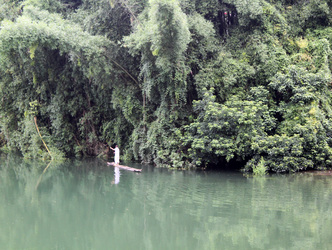
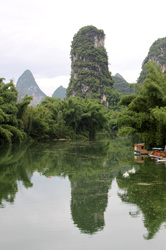
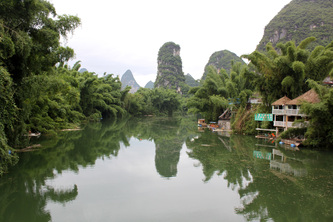
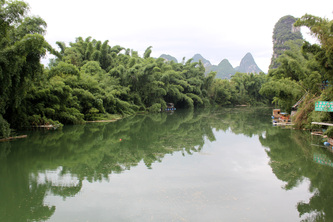
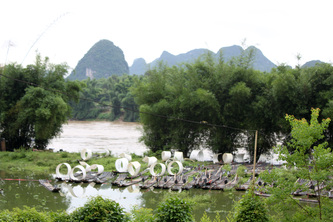

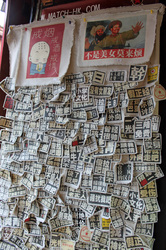
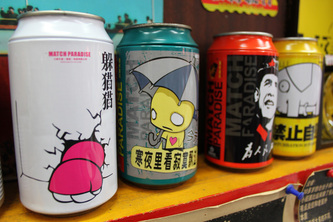

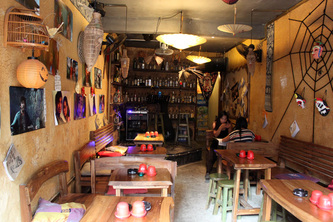
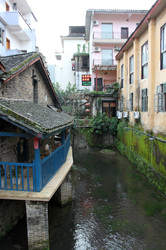
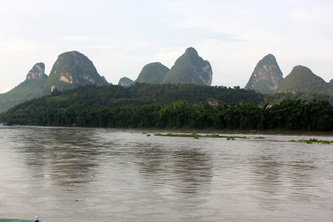
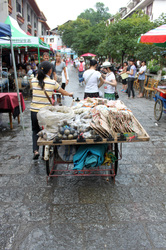
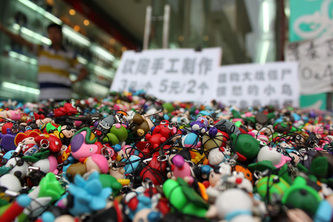
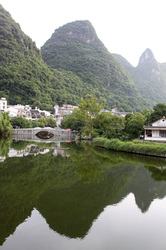
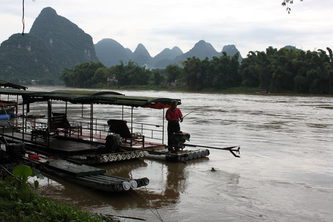
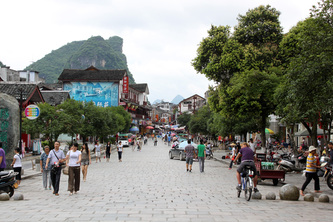
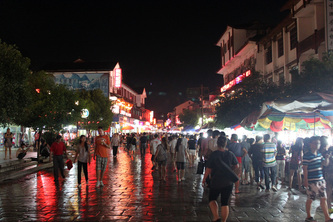
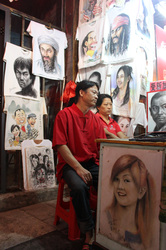
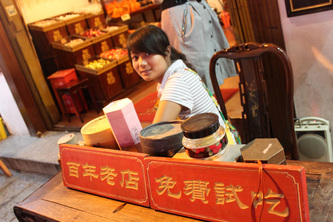
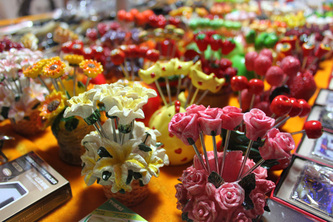
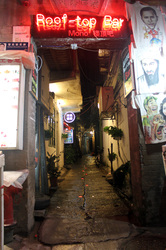
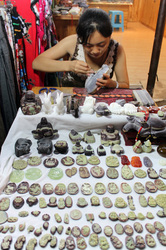
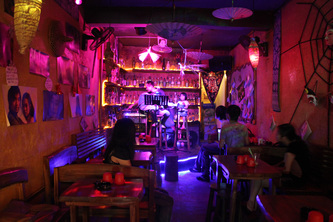
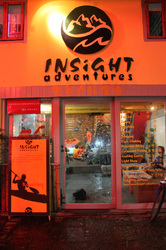
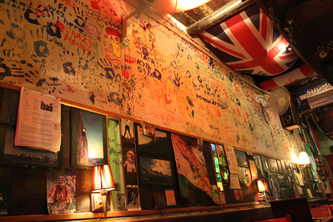
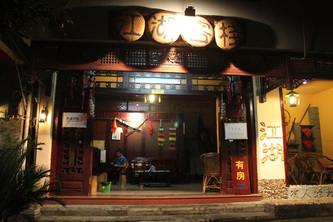
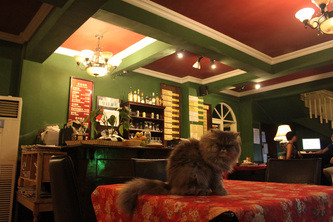
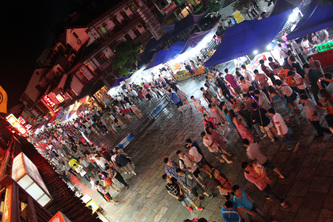
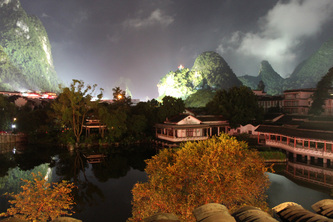
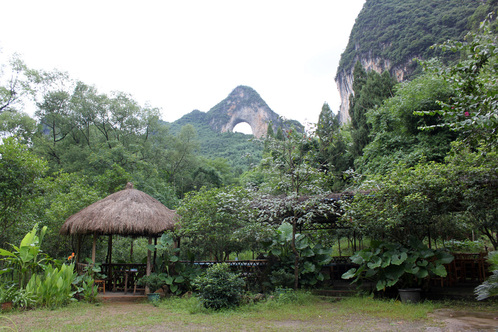
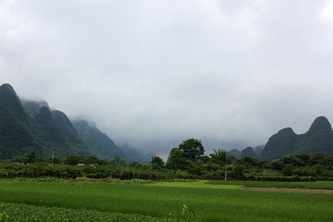
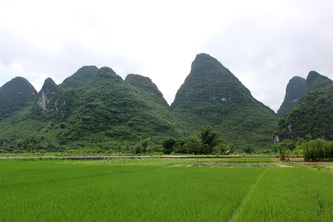
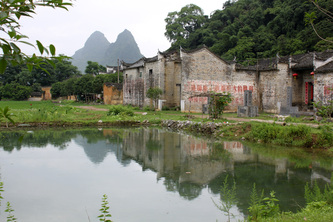
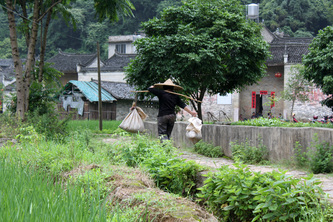
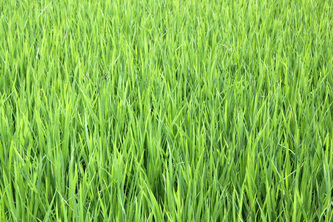
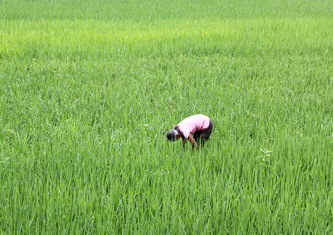
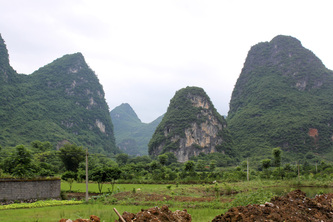
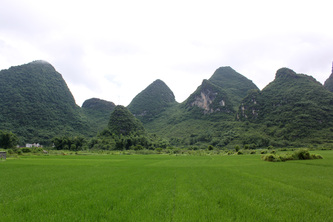
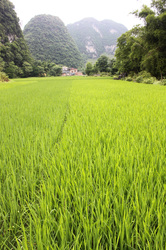
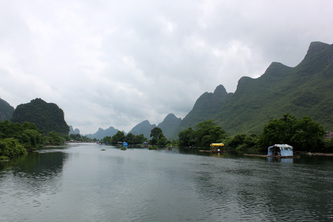
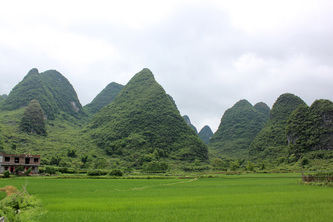
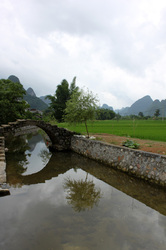
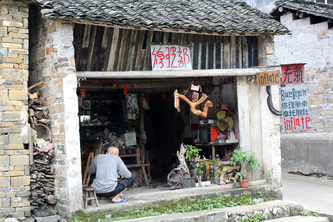
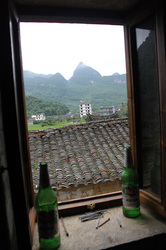
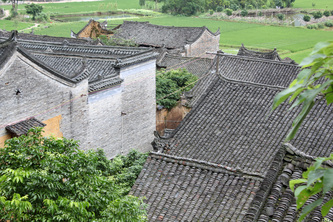
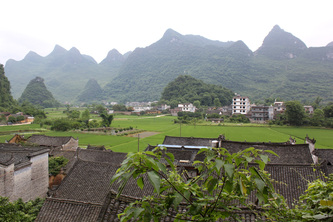
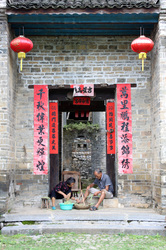
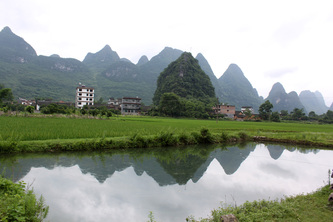
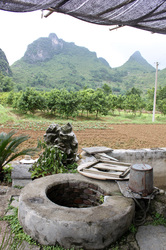
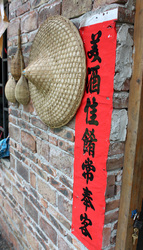
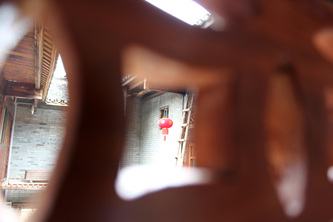
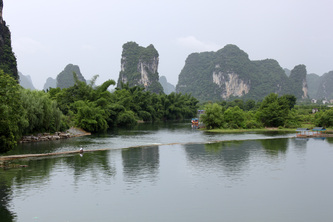
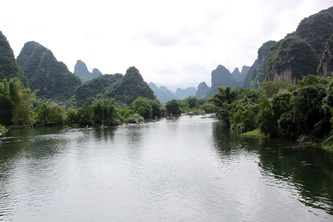
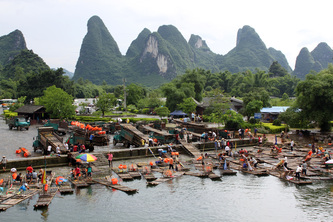
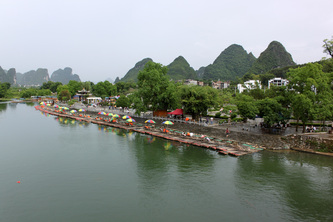
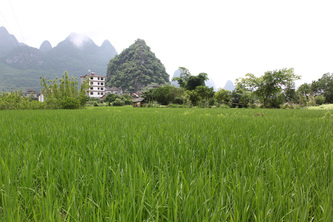
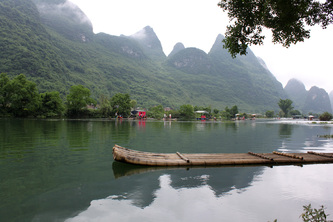
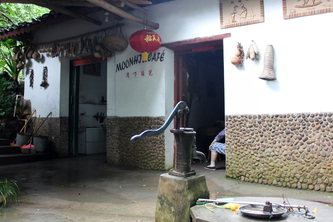
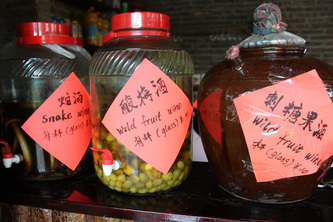
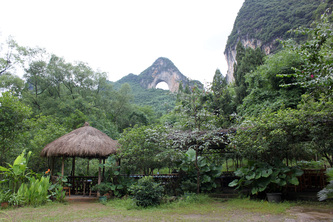
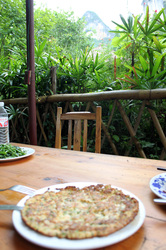
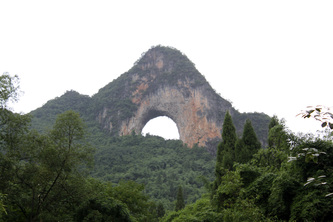
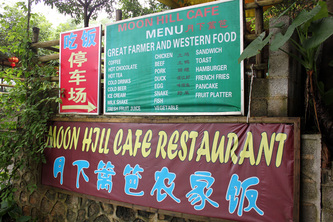
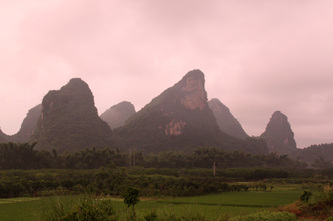
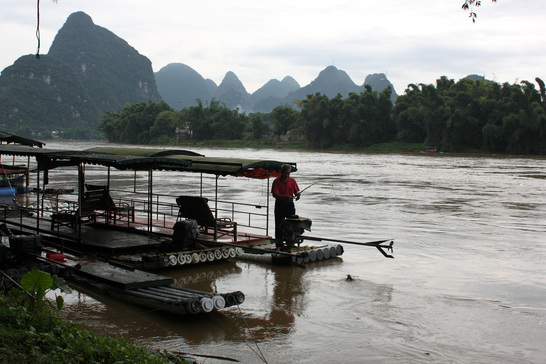
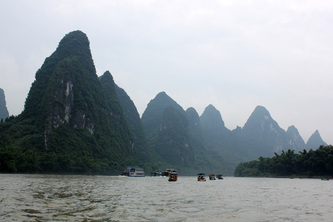
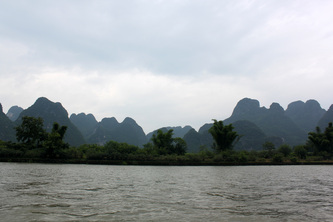
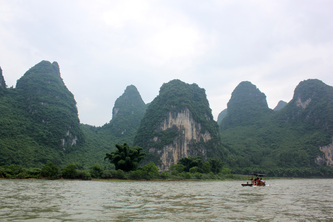
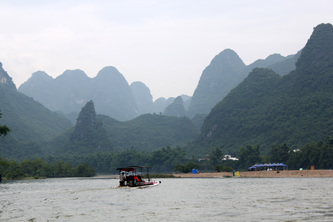
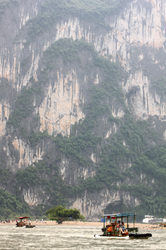
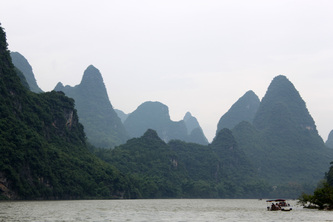
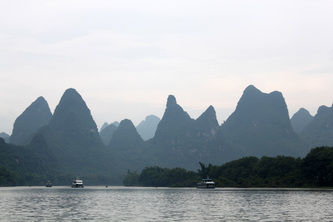
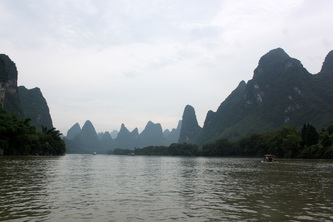
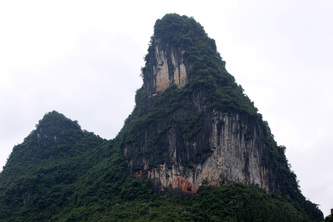
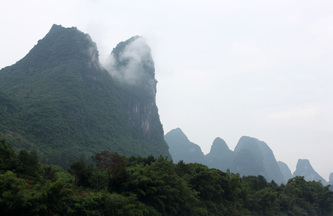
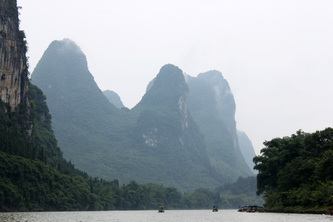
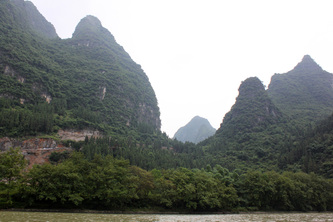
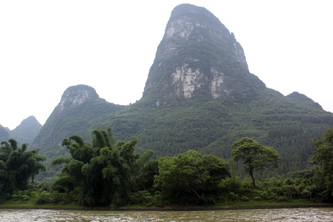
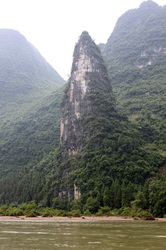
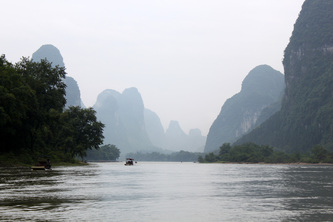
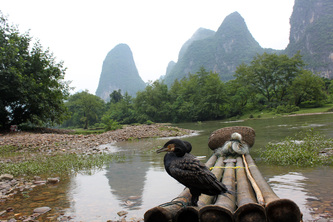
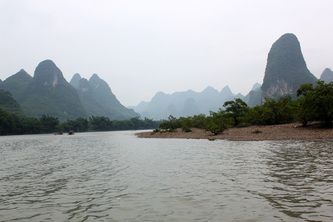
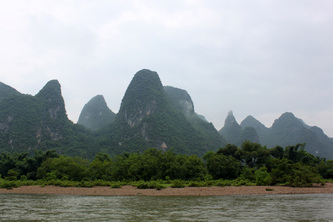
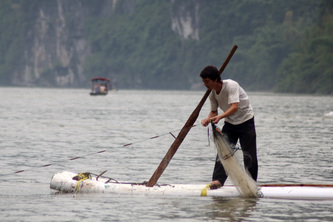
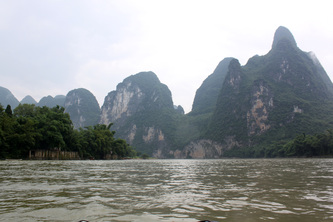
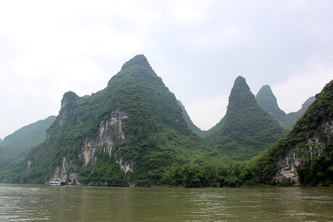
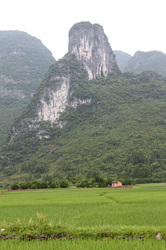
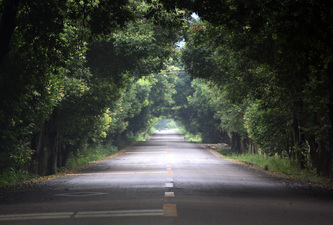
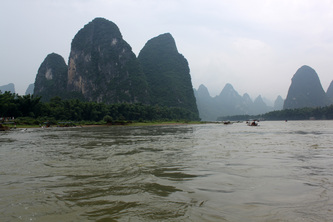
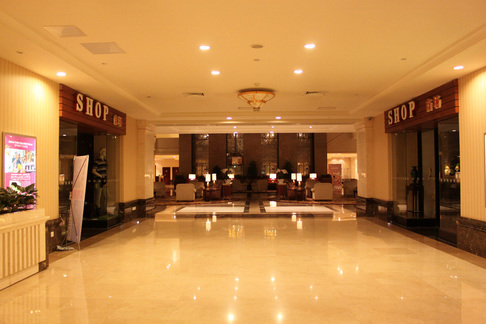
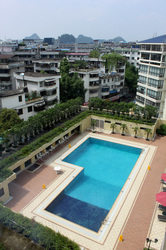
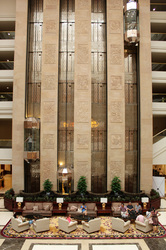
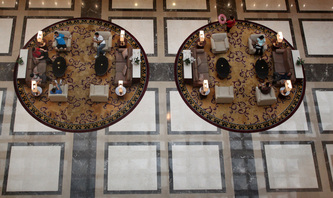
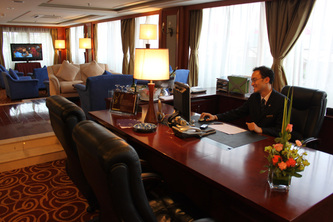
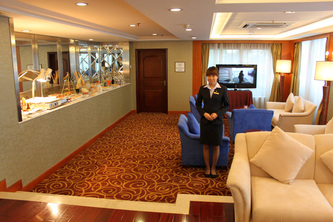
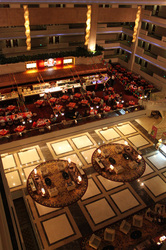
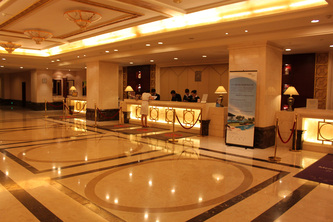
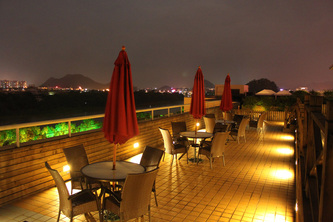
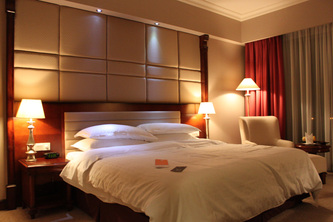
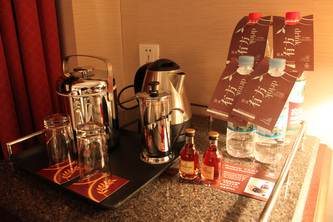
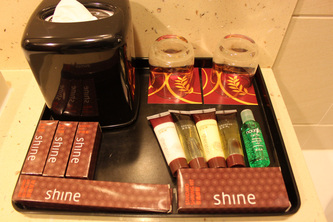
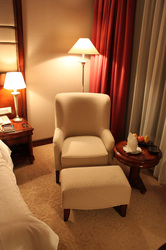
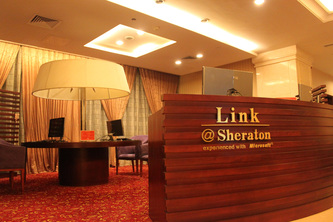
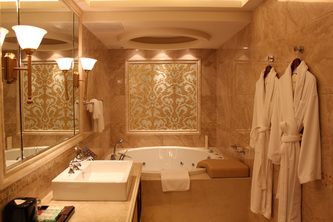
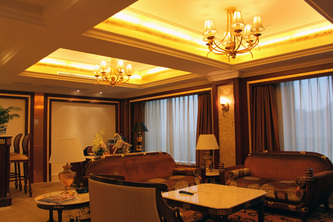
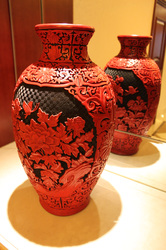
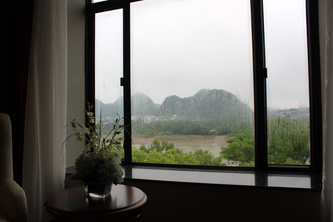
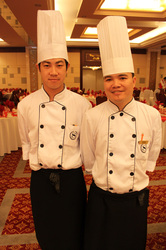
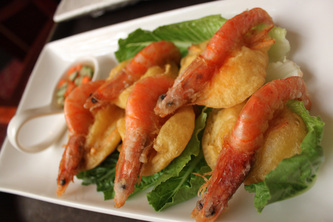
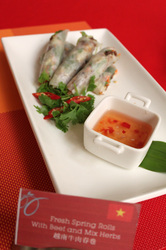
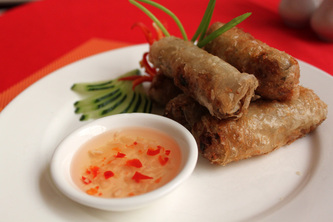
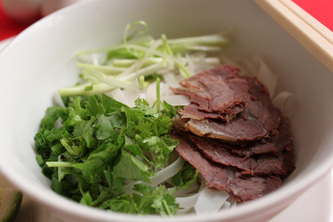
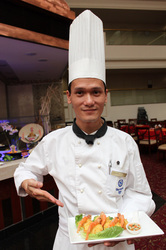
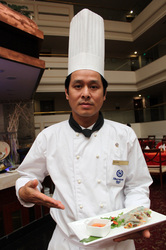
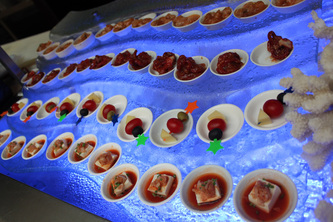
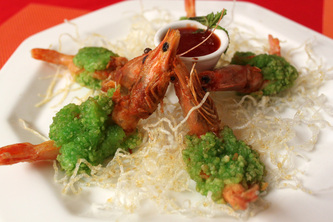
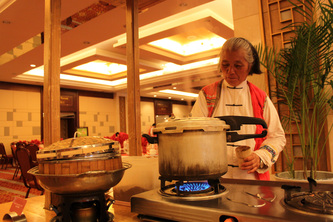
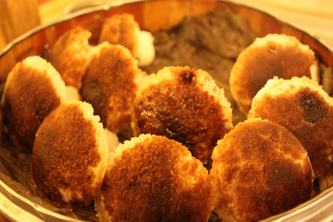
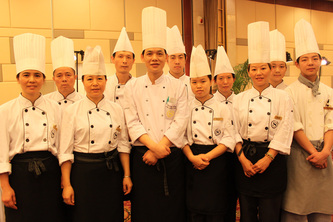
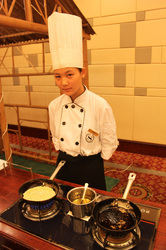
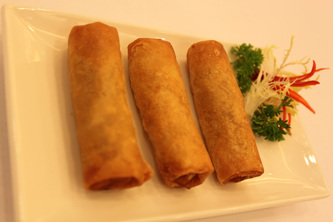
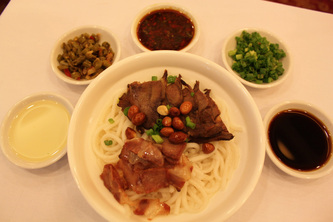
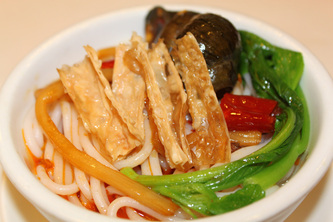
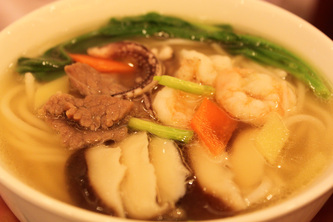
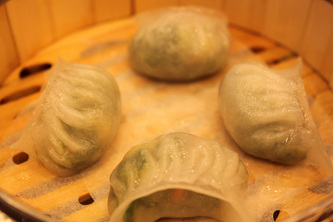
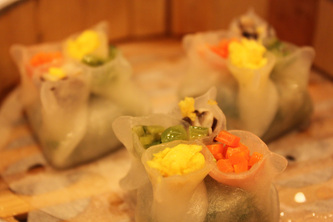
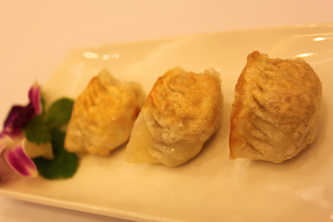
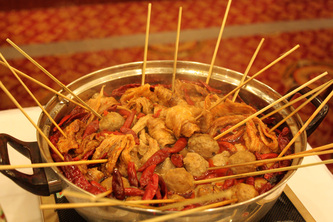
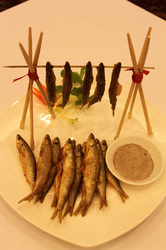
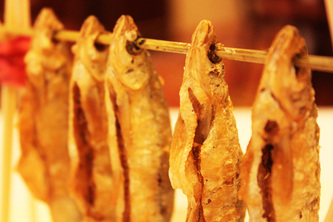
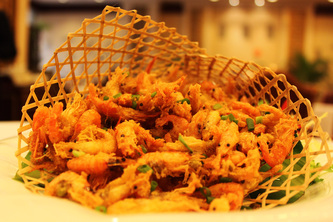
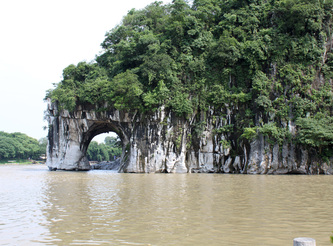
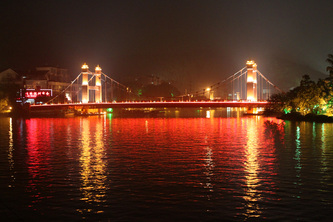
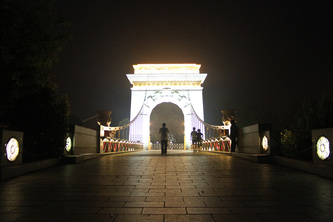
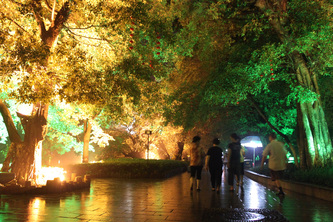
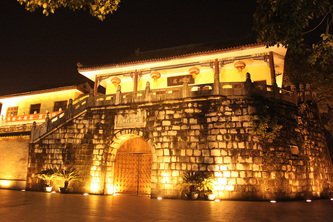
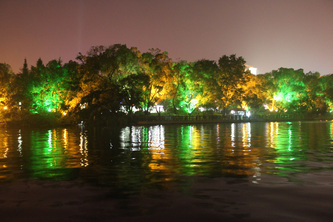
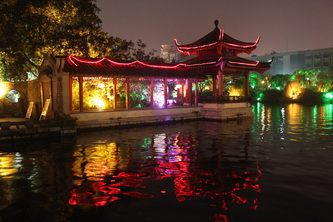
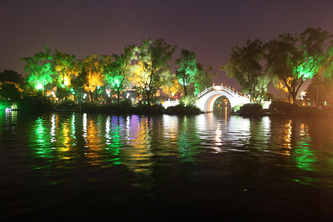
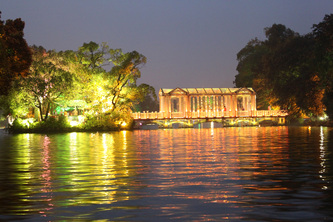
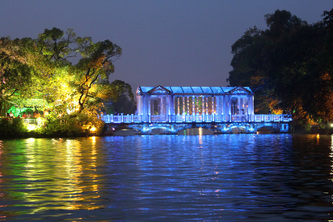
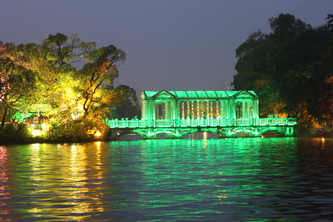
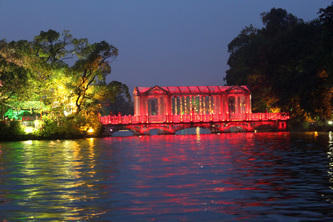
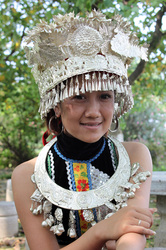
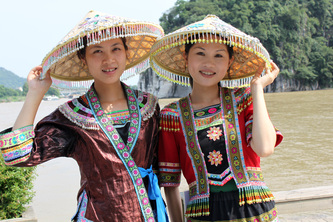
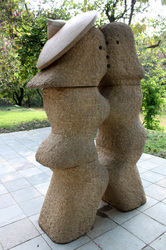
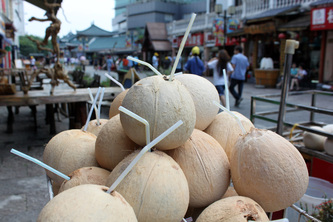
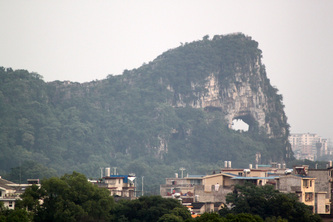
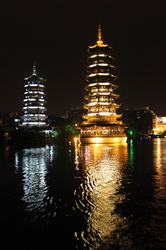
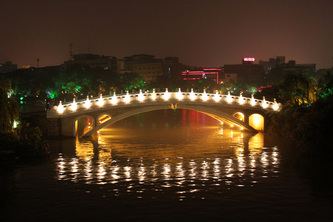
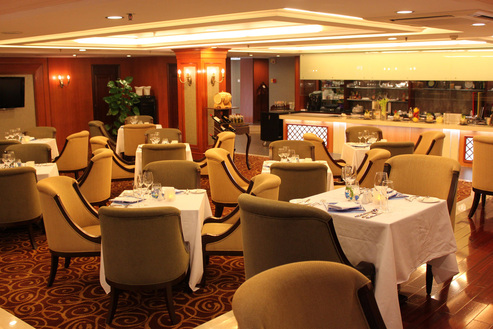
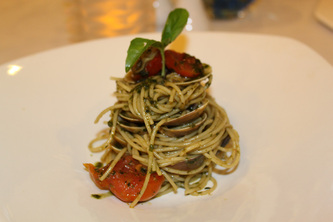
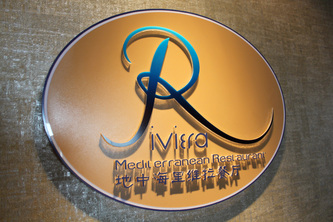
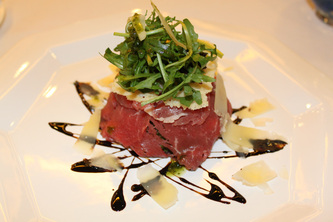
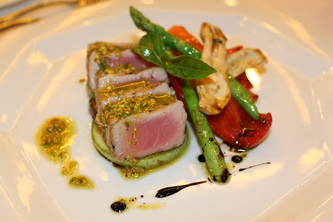
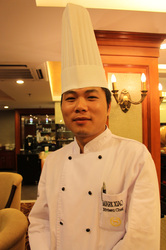
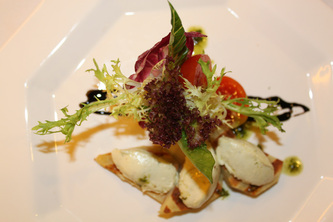
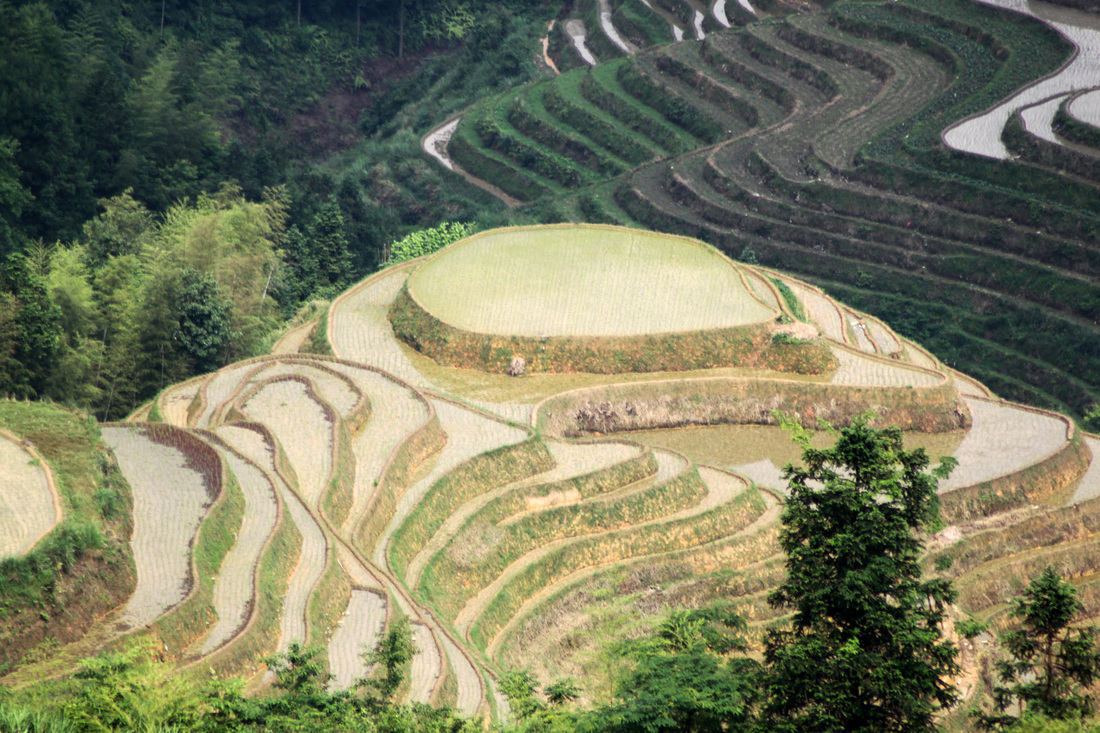
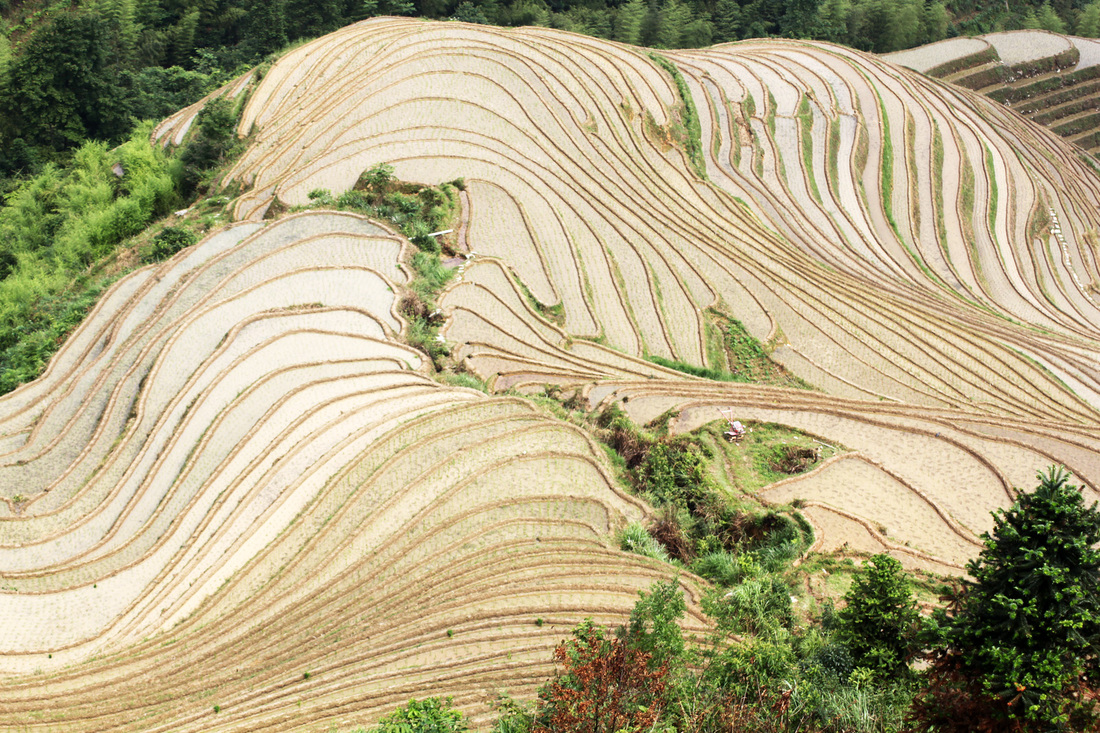
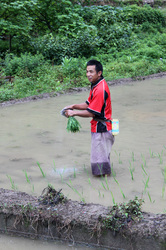
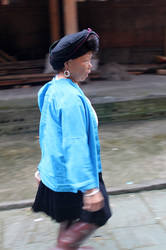
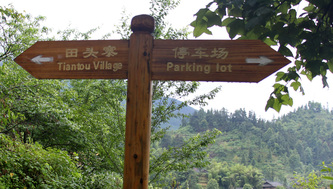
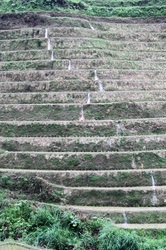
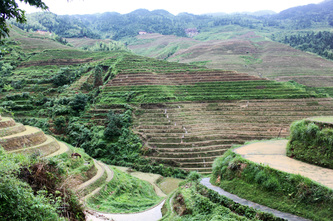
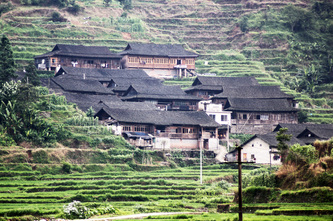
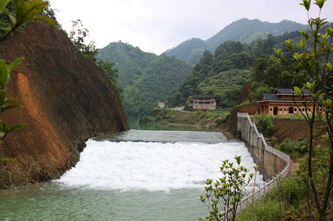
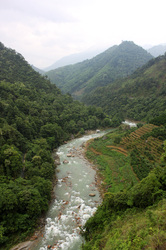
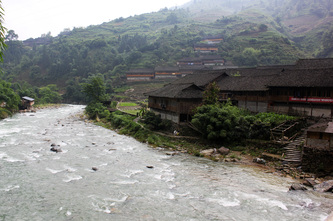
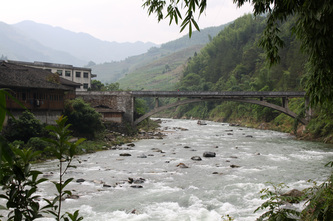
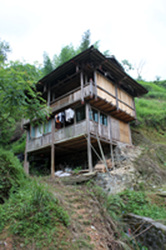
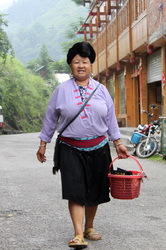
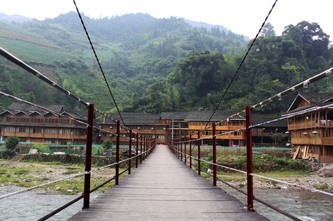
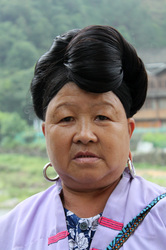
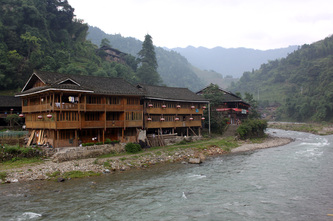
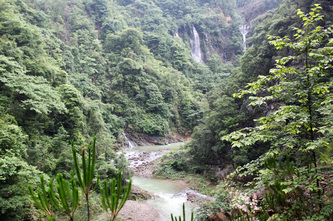
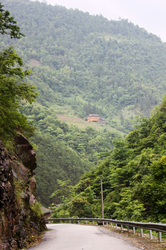
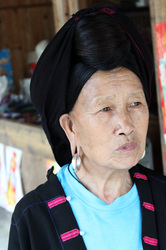
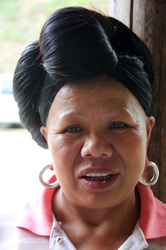
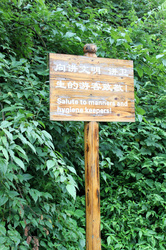
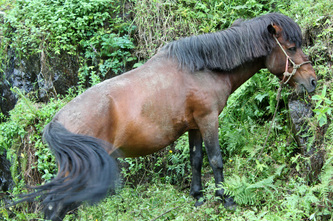
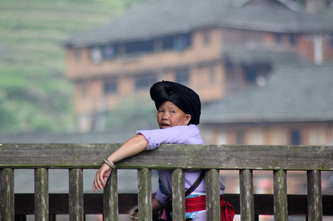
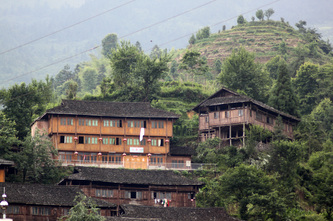
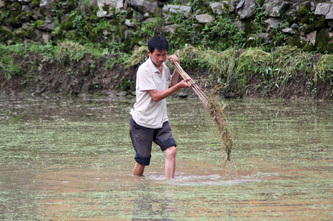
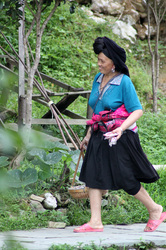
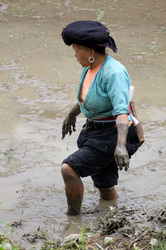
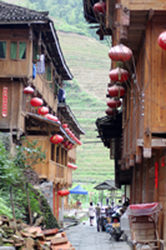
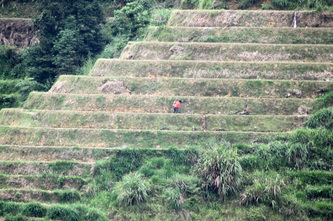
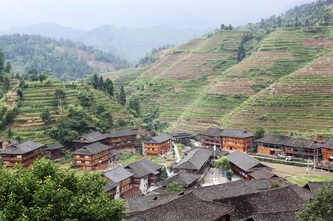
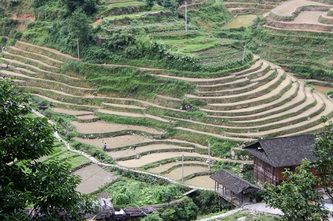
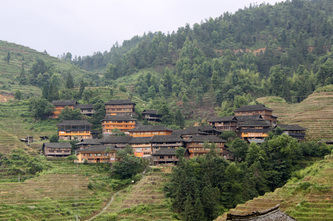
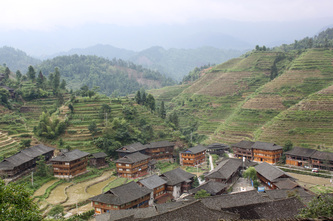
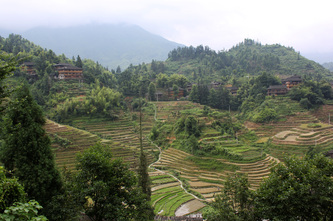
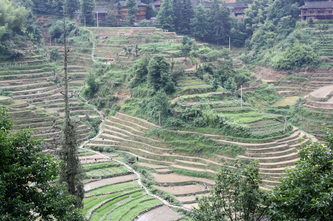
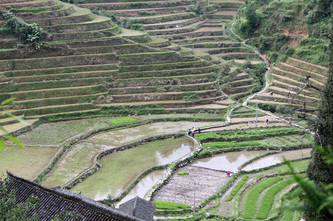
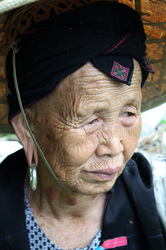
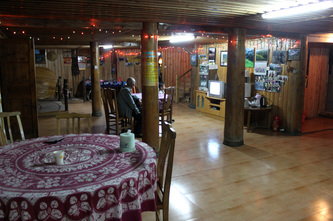
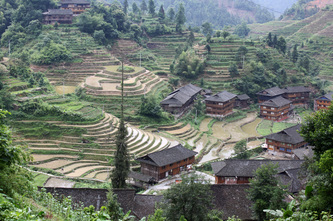
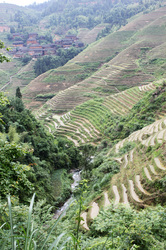
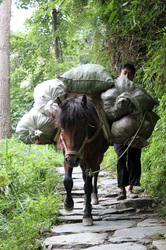
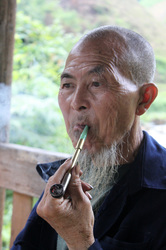
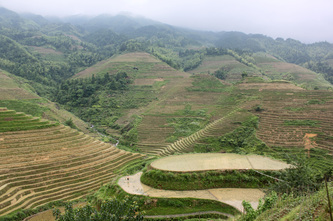
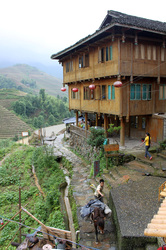
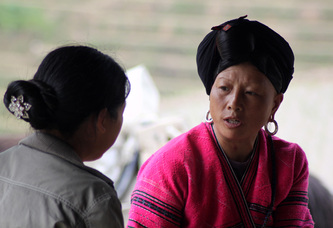
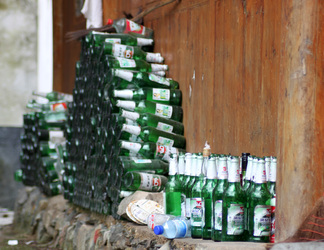
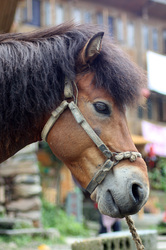
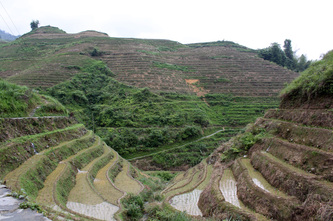
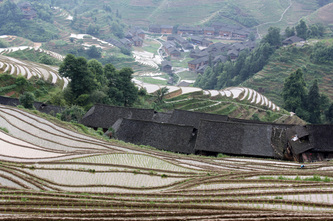
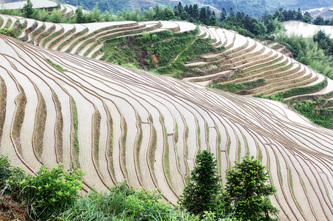
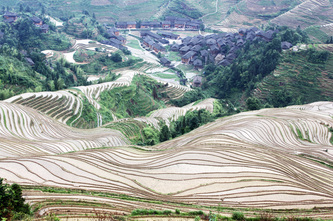
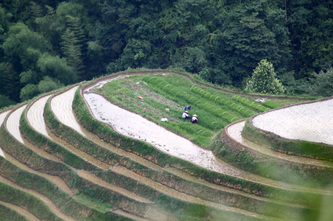
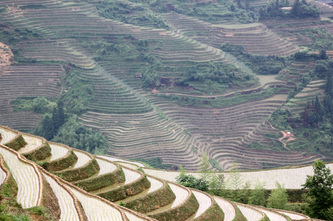
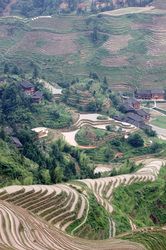
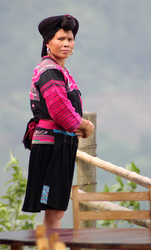
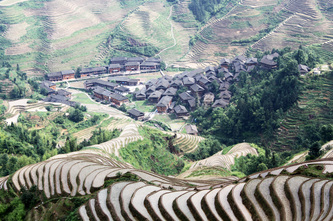
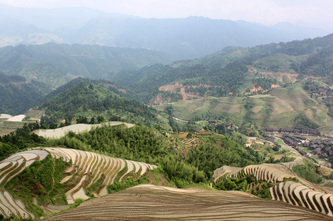
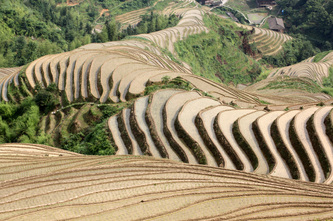
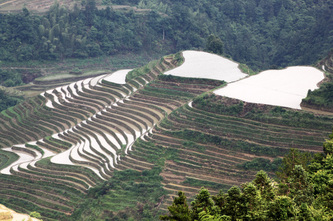
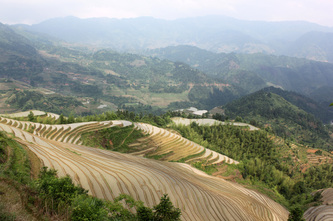
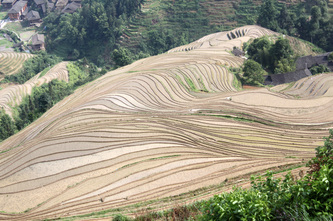
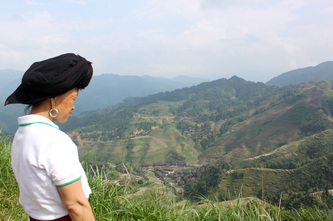
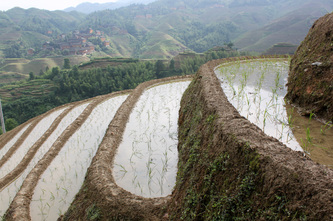
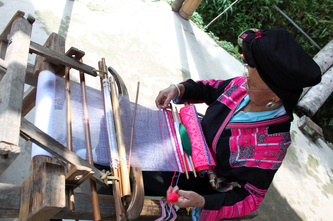
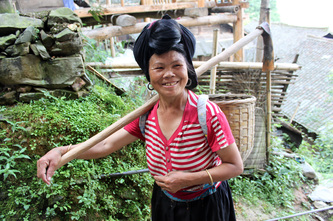
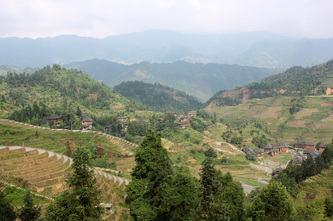
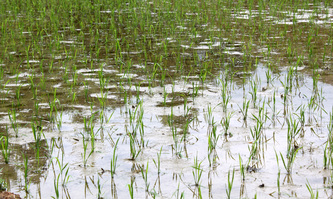
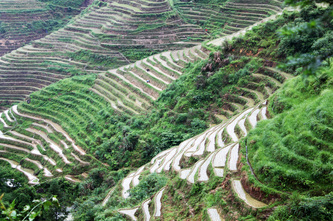
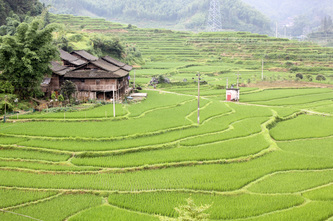
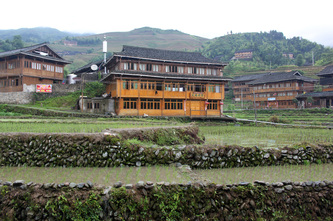
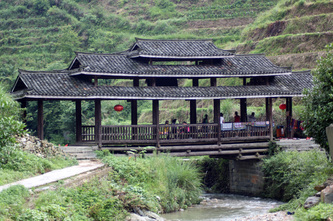
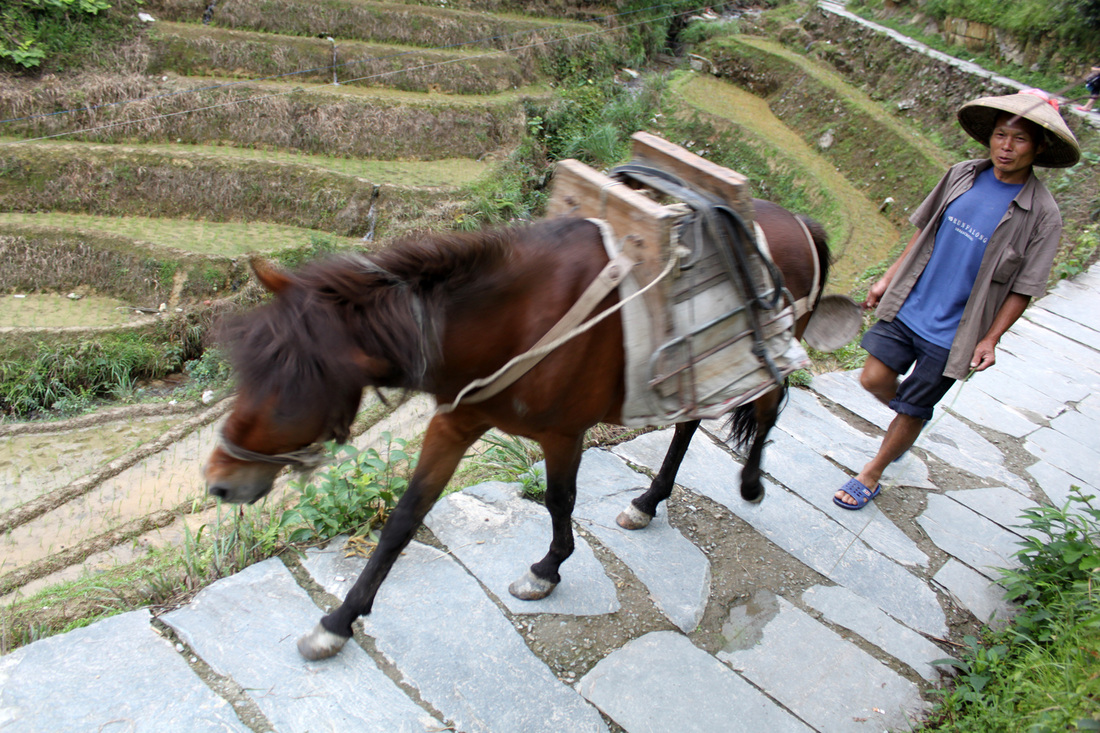
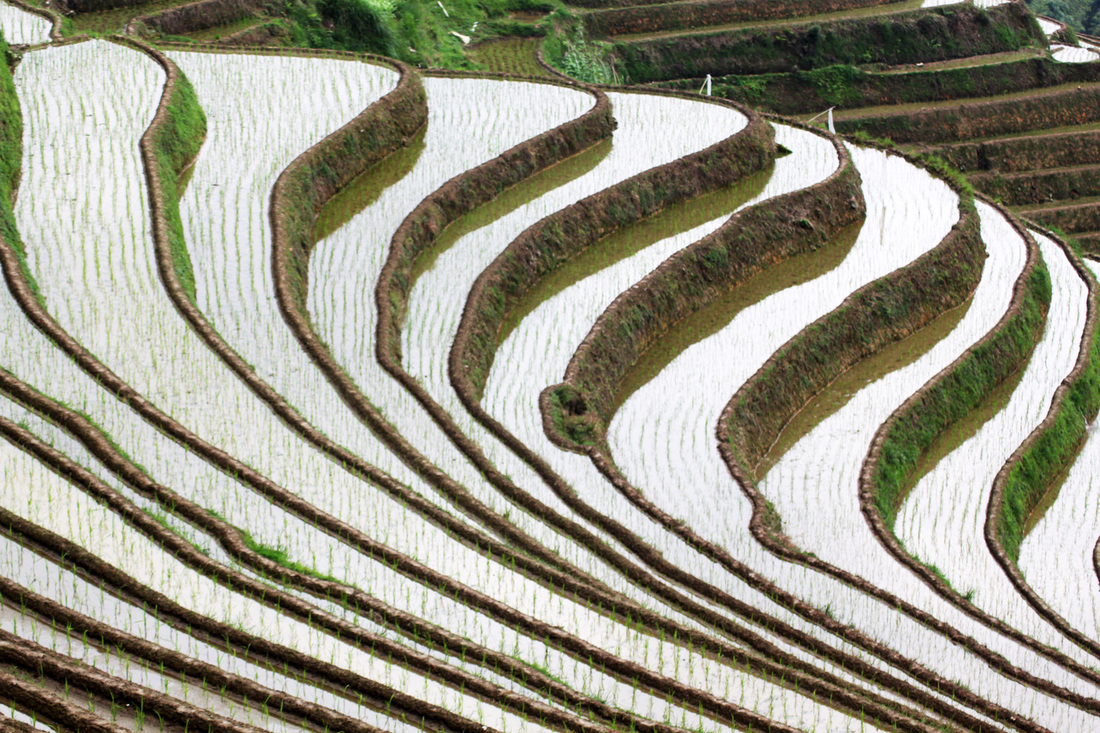
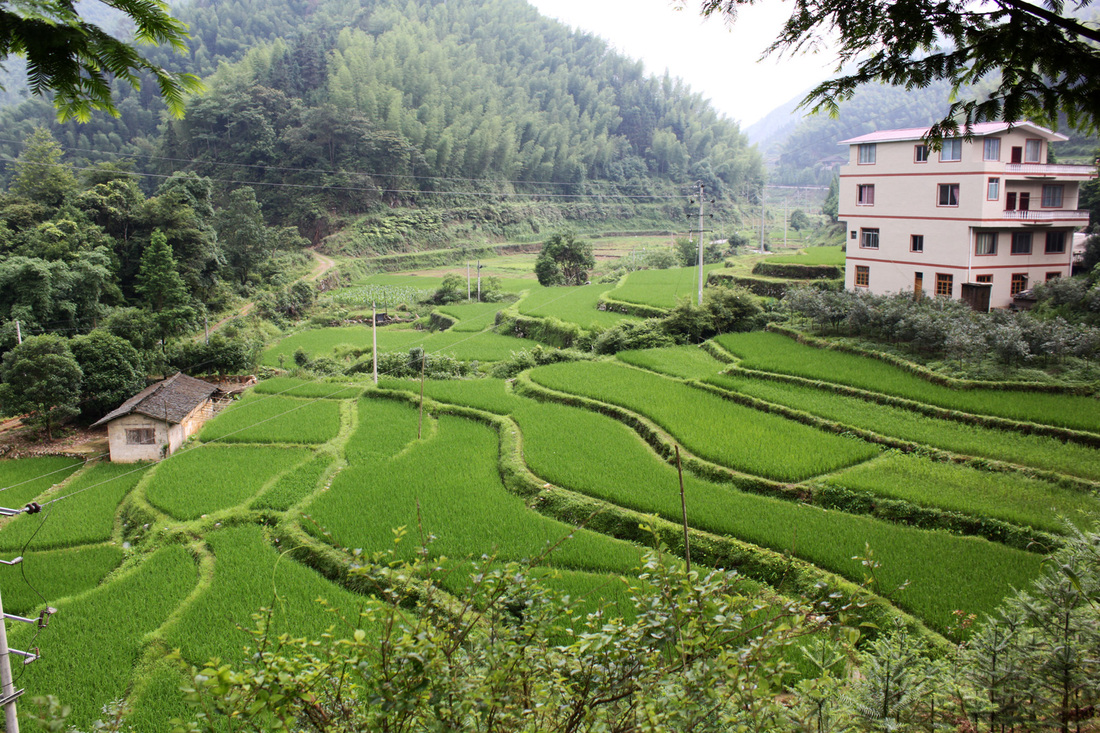
 RSS Feed
RSS Feed




